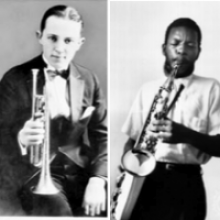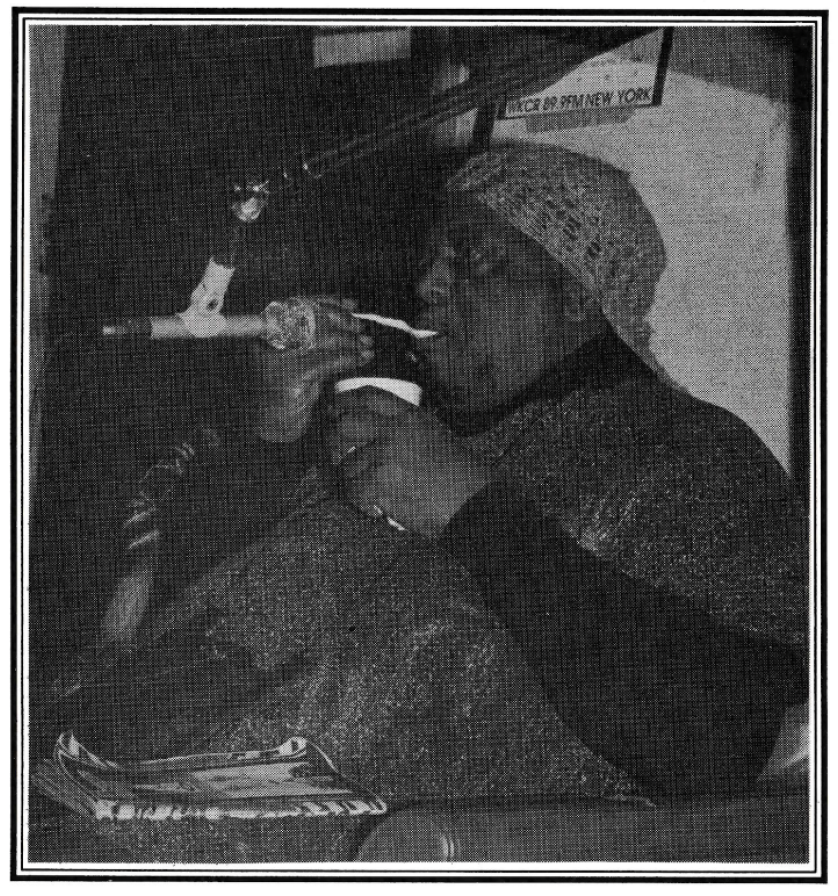
Wednesday, March 9, 2011: Ornette Coleman Birthday Broadcast
On Wednesday, March 9th, WKCR 89.9 FM will dedicate a full day of programming to celebrate the birthday of Ornette Coleman.
Ornette Coleman (b. March 9, 1930) is and has been pursuing the untouched horizons in music since the beginning of his career. Emerging from the Texas blues tradition, Coleman took L.A. and then New York City by storm with his visionary quartet in the late 1950s. His revolutionary concept placed melody, not harmony, at the center of improvisation. He played music that left chord changes behind, improvising harmony in real time, opening the way for the free jazz innovators of the next few decades. Coleman continued to play in his piano-less quartet through the early sixties, and then he moved to a trio playing violin and trumpet in addition to his customary saxophone. The seventies and eighties brought even newer sounds with his explorations of electric instrumentation and amplification, as well as compositions for orchestra. Coleman won a Pulitzer Prize for his 2007 record Sound Grammar and he continues to play today.
Tune in to WKCR 89.9 FM and join as we celebrate innovation, relentless individualism, and commitment to artistic freedom. LISTEN!
Thursday March 10, 2011: Bix Beiderbecke Birthday Broadcast
Tune in to WKCR 89.9 FM NY on Thursday, March 10th as we dedicate a full day of programming to celebrate the anniversary of Bix Beiderbecke’s birthday.
Cornetist, pianist, and composer Leon “Bix” Beiderbecke (b. March 10, 1903 in Davenport, Iowa) was one of the great musical innovators to emerge in the 1920s. One of jazz’s earliest soloists, he is of enduring importance to the dynamic history of jazz. A self-taught musician, Bix joined a seven-man group called the Wolverines in 1923, leaving the group in a year later to play with the Jean Goldkette orchestra. In 1927, he joined the most popular band of the time, the Paul Whiteman Orchestra, the band of the self-proclaimed “King of Jazz.” Cornetist Rex Stewart recalled, “Didn’t sound like Louis or anybody else. But just so pretty, and that tone he got. Knocked us all out.” But in 1931, Beiderbecke passed away at the age of twenty-eighth. He became “Jazz’s Keats” as Dorothy Baker’s novel, A Man With a Horn, and subsequent Hollywood films mythologized him as jazz’s fallen hero. Beyond the legend, we remember him for his curious, extraordinary style and pure, cool tone. Bix lives!
